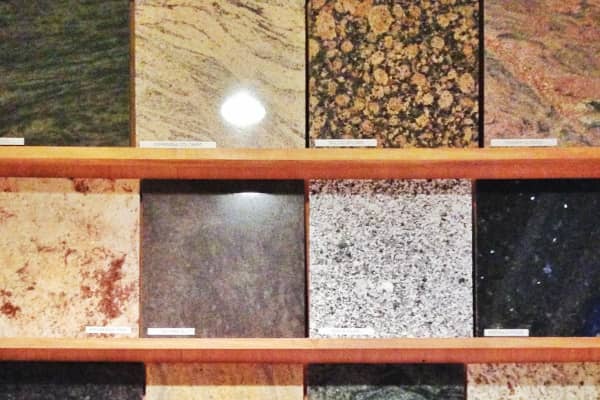Expert Countertop Installation Services
Custom Cabinetry and Countertops: The Heart of Your Kitchen Transformation
Elevating the aesthetic and functionality of your kitchen starts with choosing the right custom cabinetry and custom countertops. At Ideal Kitchens, serving homeowners in the Worcester area, we specialize in personalizing your kitchen space to match your unique style and lifestyle needs. With a wide selection of high-quality materials, finishes, and hardware options, our team is dedicated to helping you achieve the perfect look and functionality for your kitchen. Our commitment to top-notch quality cabinets crafted with care guarantees that every aspect of your kitchen renovation, from storage to style, is handled with the utmost precision and attention to detail.

Top-Notch Quality Cabinets Crafted With Care
Understanding that your kitchen is the heart of your home, we provide kitchen cabinets of the highest quality, designed to enhance the beauty and functionality of your space. Every cabinet is manufactured with a keen eye for detail, using state-of-the-art techniques to ensure durability and aesthetic appeal. Crafted in Pennsylvania by skilled artisans, our cabinets feature expert craftsmanship that meets our rigorous standards for quality. Whether you seek a custom design or prefer a standard model, we promise excellence in every aspect, from material selection to the final installation.
A Range of Cabinet Lines to Suit Your Budget
We recognize that kitchen renovation needs vary, which is why we offer a diverse range of cabinet lines suited to different aesthetic preferences and budget requirements. Whether you desire luxurious, high-end custom cabinets or seek quality on a tighter budget, our array of options ensures you don’t have to compromise on craftsmanship or style. Each line, from our premium custom cabinets to our economical value designs, adheres to our high standards of construction and finish, ensuring longevity and satisfaction.
Expert Installation for a Flawless Finish
The excellence of our cabinet installers complements the quality of our products. With precision and care, our team ensures that each cabinet is perfectly fitted into your space, providing a seamless and secure installation. We understand the importance of a meticulous installation process, treating your home with respect and minimizing disruption to your daily life. This careful handling ensures a flawless finish and enduring functionality for your cabinetry.
Choosing Between Quartz and Granite Countertops: A Guide
When it comes to selecting the perfect countertop material for your kitchen, two of the most popular choices are quartz and granite. Both options offer durability, a range of colors, and distinct styles to complete your kitchen’s design. Quartz countertops, made from engineered stone, provide a non-porous surface, consistent appearance, and low maintenance with no need for sealing. Granite, a natural stone, offers unique patterns and a porous surface that requires periodic sealing to maintain its beauty and functionality. Your choice between quartz and granite will hinge on your specific preferences, from maintenance levels to aesthetic appeal and budget considerations.
At Ideal Kitchens, we’re here to guide you through every step of your countertop selection process, ensuring you choose the best material for your kitchen’s design and your lifestyle. Contact us today to explore our extensive range of countertop options, from custom to affordable selections, and take the next step in creating a kitchen that you’ll cherish for years to come.
